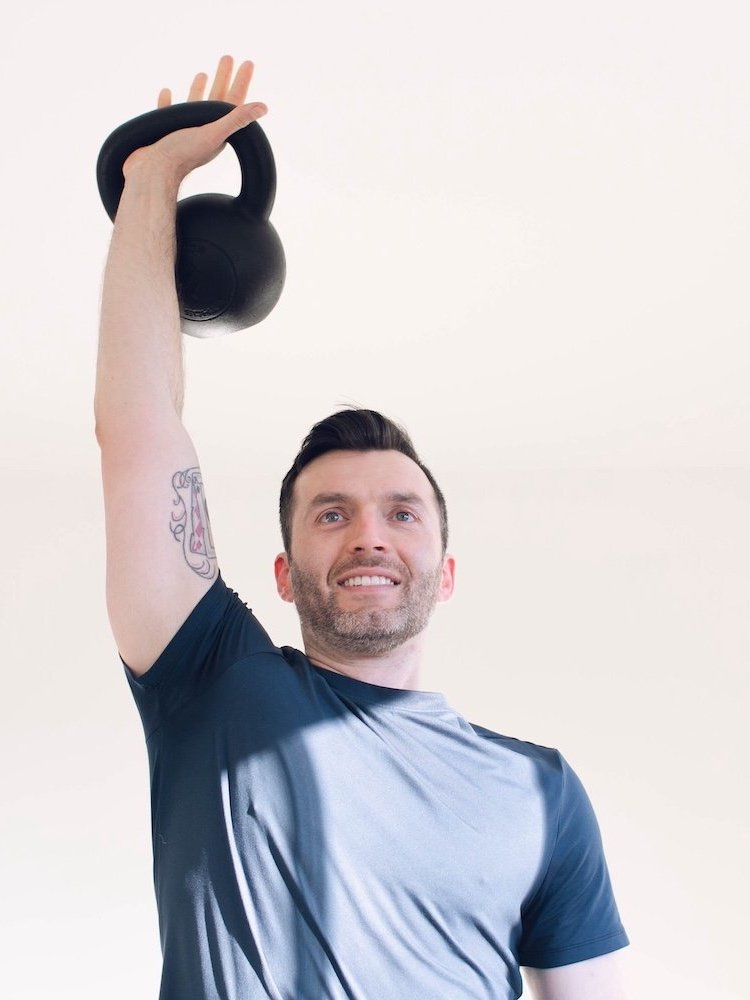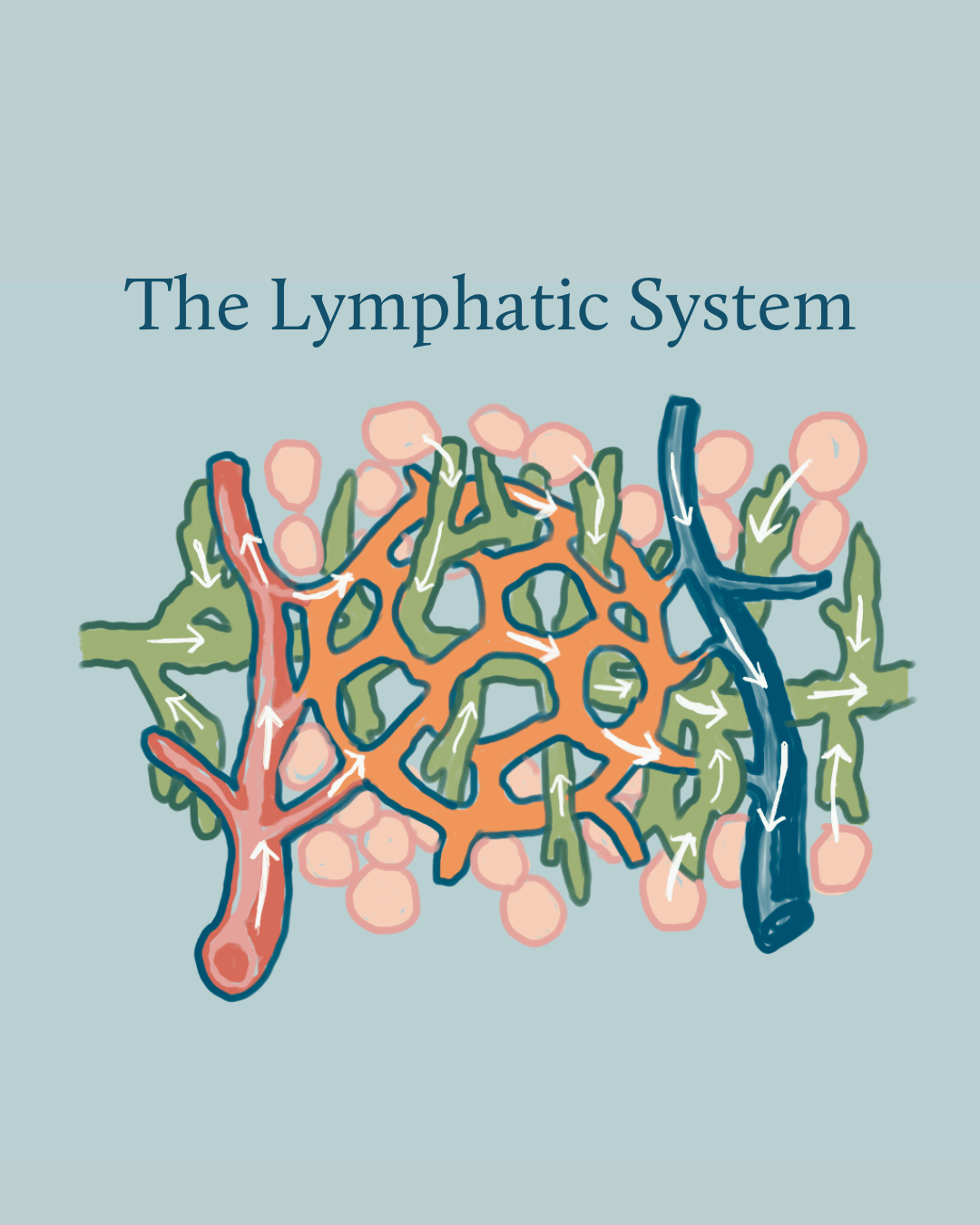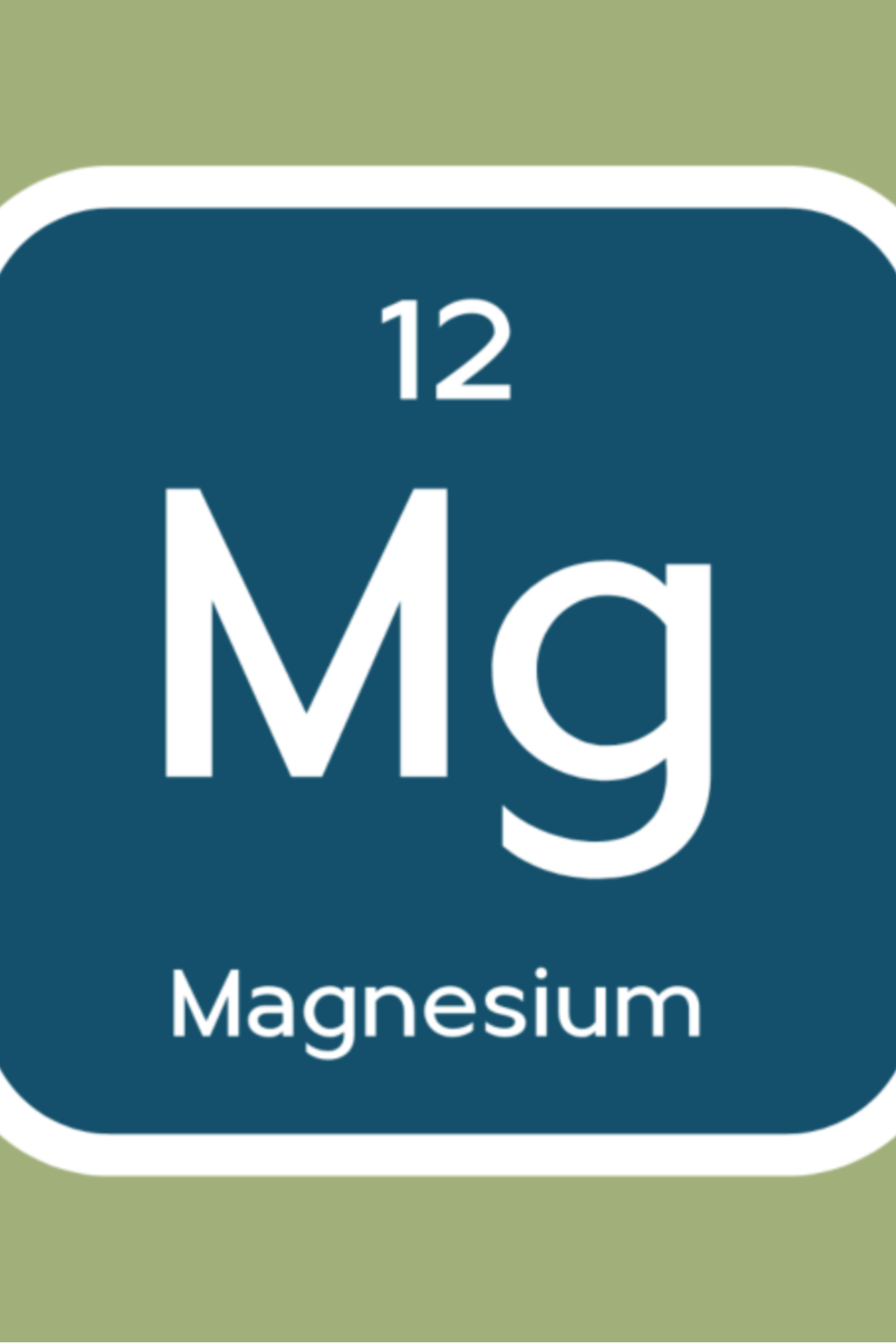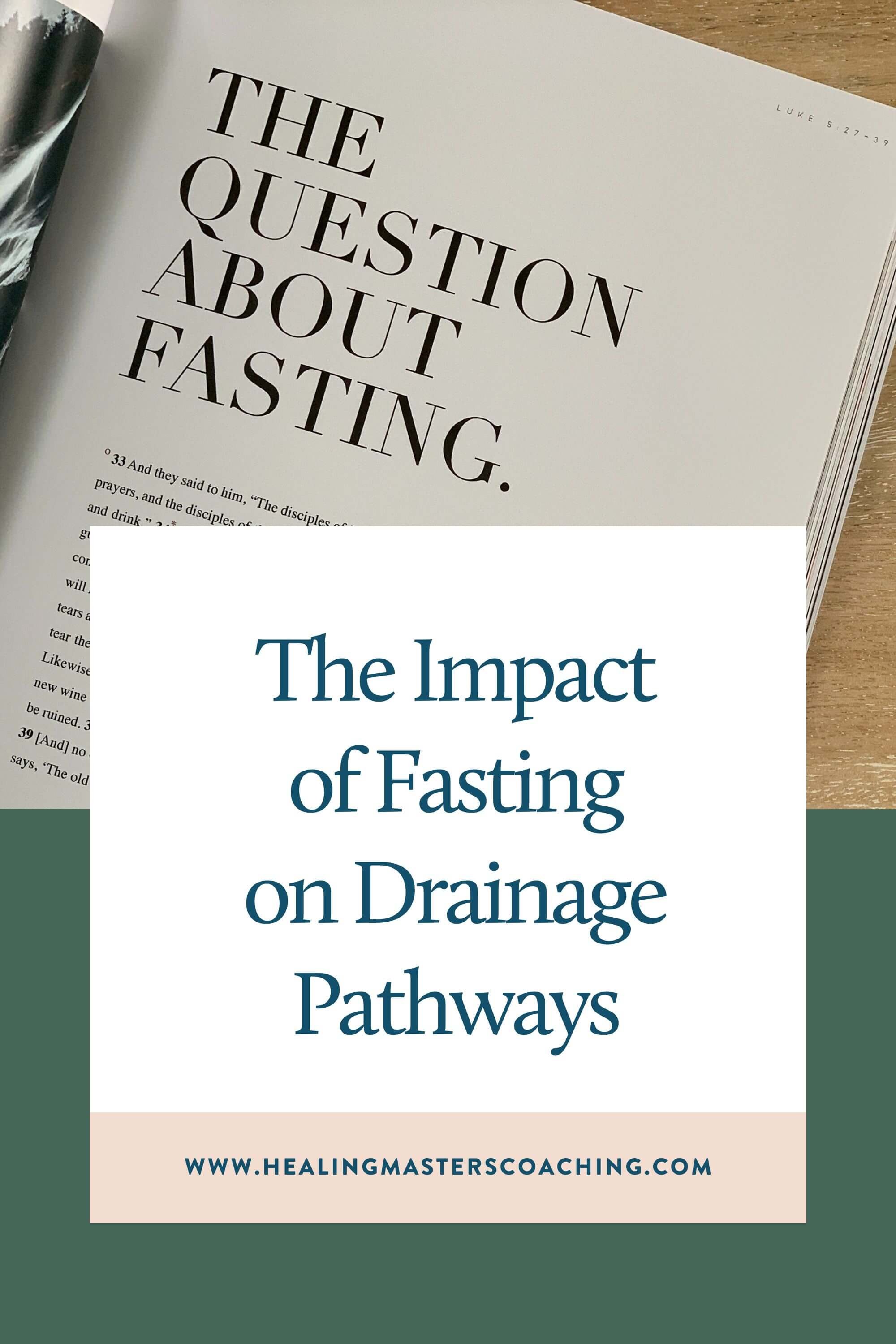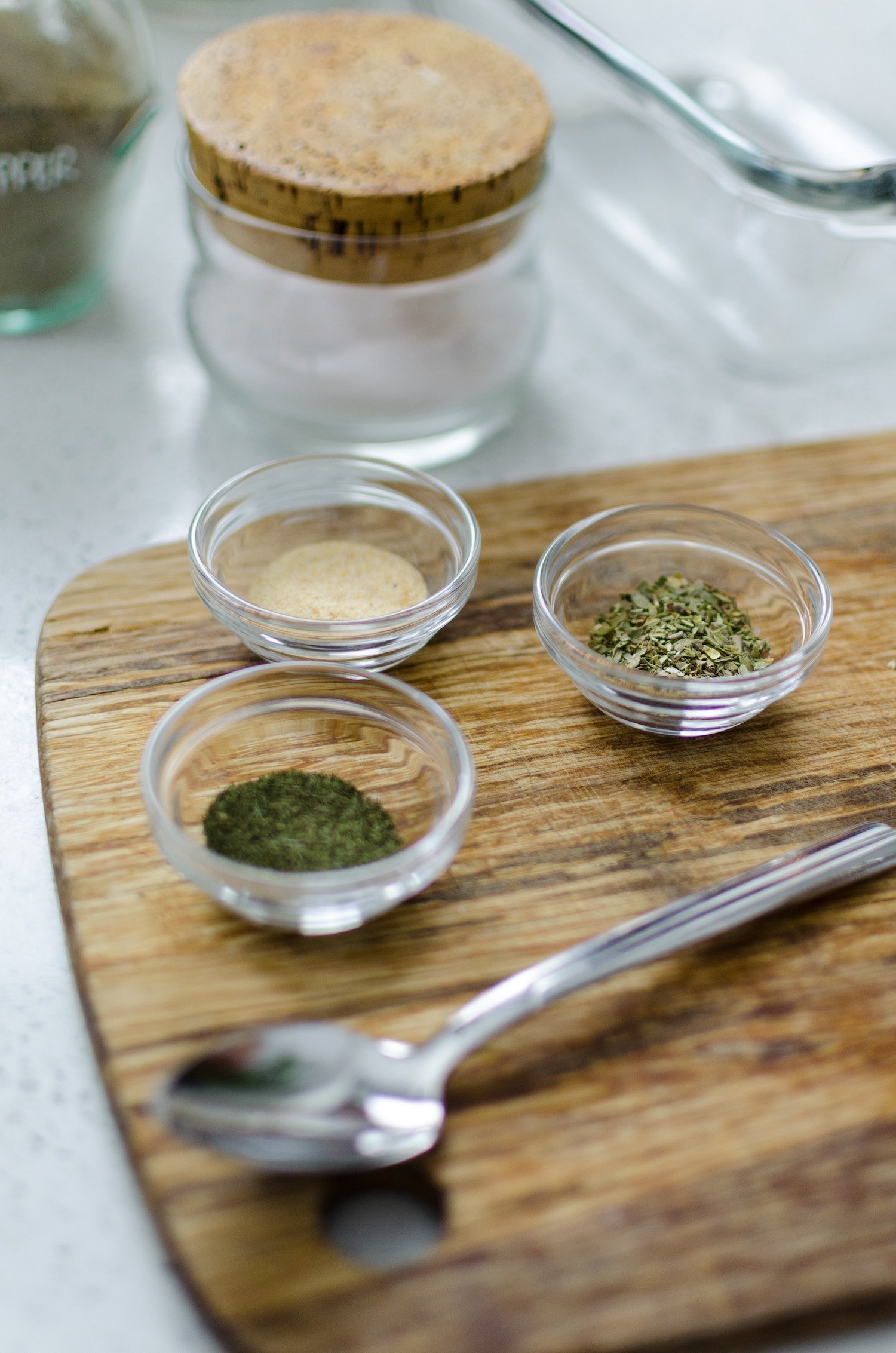Healthy Habits To Survive Any Life Transition
Life is ever-changing, filled with shifts and transitions that can bring both excitement and uncertainty. Whether you're moving to a new city, starting or ending a job, going off to school, retiring, having a baby, grieving, or experiencing a significant relationship change, the stress that accompanies these major life transitions can be overwhelming. However, with the right healthy habits, it's possible to navigate these changes effectively. This blog post will explore various practices that can make these transitions smoother and more bearable. Self-care amidst times of stress is foundational to experiencing wellness in every season of life.
Understanding the Impact of Life Transitions
Before we dive into the habits that can help us manage transitions, it's essential to understand the impact these changes have on our lives, even if they are positive changes in nature. Major life transitions can provoke a range of emotions, from excitement and anticipation to anxiety, fear, and even grief. For those who are sensitive or neurodivergent, this can be highly dysregulating to the nervous system, but it has effects on people with more resilience too. The unknown elements that come with change can trigger stress, and long-term stress can have a profound impact on our physical and mental well-being. Hence, having a coping strategy, including a set of healthy habits, is crucial.
The Power of Routine
One of the first steps in surviving any life transition is establishing a routine. When everything around you is changing, a routine offers a familiar structure that provides a sense of normalcy, which essentially translates as safety within the body. This can be enough to move you out of a state of fight, flight or freeze.
Daily Rituals: Simple actions like making your bed every morning, practicing mindfulness meditation, or taking a daily walk can create a sense of security and comfort.
Consistent Meal Times: Maintaining regular eating times is not only important for physical reasons like blood sugar stability and hormonal balance, but also for emotional reasons like stable moods and clear mental processing. Eating at the same time every day is also helpful for establishing routine and training your body what to expect.
Scheduled Self-Care: Make sure to incorporate time for relaxation and self-care in your routine. This could be a weekly massage, a daily movement practice, or even just a quiet hour with a good book or coloring. This also gives you something to look forward to in life.
Weekly and Monthly Rituals: This could include going for nature walks in your local park, meeting a friend, attending therapy, getting a massage, or anything else you do less frequently than daily.
Embracing Healthy Eating Habits
Proper nutrition plays a significant role in how we handle stress and anxiety. Incorporate a balanced diet rich in organic, whole foods as much as possible This includes fruits, vegetables, and lean proteins. Avoid processed foods, excessive sugar, alcohol, and caffeine, which can exacerbate anxiety and negatively affect your mood.
Hydration: Drink enough water every day and add electrolytes. Dehydration can increase feelings of anxiety and fatigue. Check out our other blogs on water and hydration for more in depth tips.
Probiotics: If you are not dealing with histamine intolerance, include probiotic-rich foods like yogurt, kefir, and fermented vegetables in your diet. These foods support gut health, which is directly linked to mental well-being. Another convenient way to increase probiotics is in capsule form.
Regular Physical Activity
Physical activity can be a powerful stress and tension reliever. It stimulates the production of endorphins, the body's natural mood elevators, and promotes better sleep, which is often disrupted by stress. We could write an entire blog on the health benefits of moving regularly, but for now we’ll focus on the most important points when getting started:
Find an activity you love: Whether it's hiking, yoga, dancing, or running, engage in physical activities that you enjoy.
Start small: If you're new to exercise or busy with the transition, start with just a few minutes a day, and gradually increase the time.
Building a Support System
Having a strong social network can help you navigate life transitions. Don't hesitate to reach out to friends, family, or professionals for support.
Connect with others: Share your experiences and feelings with trusted friends or family members.
Seek professional help: If your stress levels are high, consider seeking help from a coach, counselor or psychologist. They can provide you with tools to manage stress and navigate change.
Join a group: Connecting with people going through similar transitions can provide comfort and advice. Look for support groups online or in your community.
Practice Mindfulness and Meditation
Mindfulness and meditation can be powerful tools in managing the stress that comes with change.
Mindfulness: Being present in the moment can help you deal with change more effectively. Practice mindfulness through simple activities like mindful eating, mindful walking, or simply paying attention to your breath. A favorite mindful activity of mine is coloring.
Meditation: Regular meditation can reduce anxiety, improve focus, and promote a sense of calm. Start with just a few minutes a day and gradually increase the time.
Exploring Somatic Therapies
Somatic therapies are holistic healing approaches that incorporate the mind-body connection to achieve overall wellness. These therapies can be particularly effective during life transitions, helping to manage stress and improve emotional resilience, especially in the face of traumatic experiences.
The exploration of somatic therapies is a journey into the self, and it offers a unique approach to managing the stress of life transitions. These techniques can help you cultivate a deeper understanding of your body and mind, teaching you how to harness their combined power for healing and adaptation.
Understanding Somatic Responses and Therapies: Somatic therapies focus on the relationship between the mind and body, especially as it relates to the body's response to stress and trauma. Techniques used in somatic therapies may involve mindfulness, breathing exercises, movement, and physical touch to help release stored tension and promote healing. Even shaking your arms and legs after a stressful situation is shown to help the nervous system expel the energy and regulate you quicker. Same with crying after being overwhelmed, these are somatic responses.
The Role of Somatic Therapy in Life Transitions: During life transitions, we may experience various emotions that can manifest physically as tension, headaches, fatigue, or other symptoms. Somatic therapies can help us acknowledge these physical manifestations of stress and find ways to release them, facilitating smoother transitions.
How to Explore Somatic Therapies: If you're interested in exploring somatic therapies, consider seeking out a certified practitioner who can guide you through the process. It's important to find a professional you feel comfortable with, as this therapy involves exploring and releasing deeply held emotions. Always ensure to communicate your comfort levels and boundaries to the therapist during the sessions.
Life Transitions Are Opportunities For Growth
Life transitions, as challenging as they can be, are also opportunities for growth and self-discovery. By implementing these healthy habits, you can not only survive but thrive during any change that life throws your way. Remember, it's okay to ask for help, and it's okay to take things one step at a time. As you navigate your transition, stay open, stay patient, and most importantly, take care of your health. You’ll get through this.
Overcome Your Chronic Symptoms & Heal Holistically
Are you looking to get to the root cause of your symptoms? We can help you.
We use holistic approaches and functional medicine lab testing to investigate what is triggering your chronic symptoms so you can address them at their source and start to feel better faster. Our health coaches are masters at guiding the healing of multiple root causes in a personalized order that gets you wellness results that last. We also help you maintain good health and minimize your disease risks.
by sarah southerton
Certified Integrative Health Practitioner (IHP2) & Functional Medicine Health Coach
I specialize in helping people heal chronic illnesses and achieve optimal health. After my own battle with Ehlers Danlos Syndrome (EDS), Lyme disease, Mast Cell Activation Syndrome (MCAS) and Post Orthostatic Tachycardia Syndrome (POTS), I was thrust into the world of alternative medicine, herbal healing, and low-tox/low-stress living. I have since restored my health and no longer suffer with debilitating symptoms and I’m passionate about help other people who are suffering, so they can feel better a lot faster than I did.
Disclaimer: The information on this website is for general information purposes only. Nothing on this site should be taken as healthcare advice for any individual case or situation. This information is not intended to create, and receipt or viewing does not constitute, an healthcare professional-patient relationship. We do our best to keep information accurate and up to date, however mistakes do happen, and we cannot make guarantees regarding the accuracy of our information. We are not liable for any information on this website or your reliance upon it.



